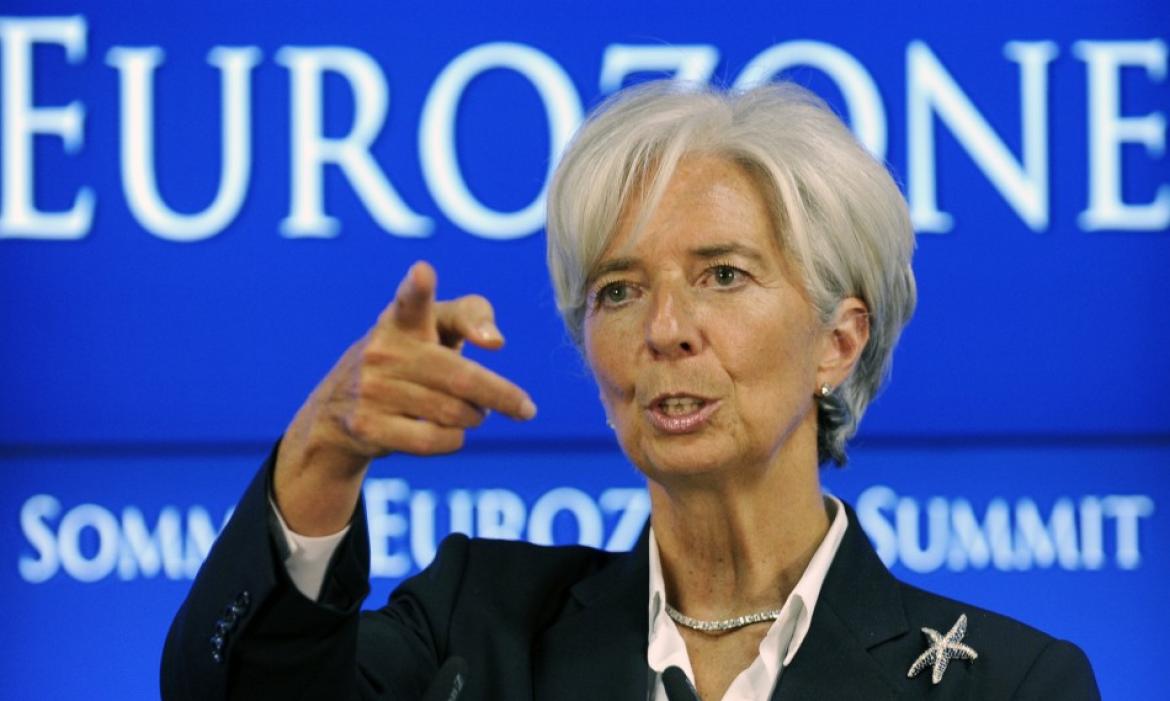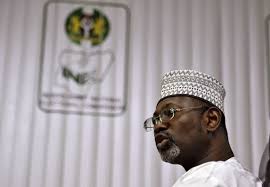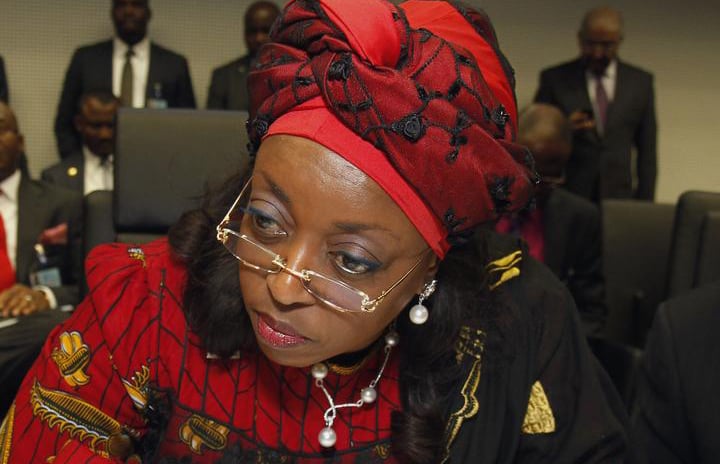The International Monetary Fund (IMF) has warned Nigeria of the negative consequences of insecurity for its economic growth.
The IMF made the prediction in its 2013 Article IV Consultation and Staff Report on Nigeria, presented in Washington DC, United States on Wednesday.
In the report, the IMF listed Key downside risks, which include persistently lower oil revenue from changing global dynamics and lower domestic production, less prudent fiscal policy through the ongoing political cycle, and ongoing security problems in the North.
Others are uncertainty about the pace of global recovery, and capital flow reversals from the expected unwinding of unconventional monetary policy in the advanced economies or increased domestic political risk.
Advertisement
To improve the country’s revenue profile, the report stated that transparency and governance in the oil sector must be enhanced through the strengthening of the regulatory framework and the passage of a sound Petroleum Industry Bill, with stringent enforcement clauses.
According to IMF, pursuing exchange rate stability has worked well so far, contributing to bringing inflation down to single digits and also providing a conducive environment for investing in domestic government securities. it also noted that the stable naira policy of the CBN has provided confidence to markets.
On the outlook for the Nigerian economy, it said growth was expected to remain strong, driven by agriculture, trade, and services, while inflation should continue to decline, in line with a tight monetary policy, and a lowering trend in food prices from higher rice and wheat production.
Advertisement
IMF is an organization of 188 countries, working to foster global monetary cooperation, secure financial stability, facilitate international trade, promote high employment and sustainable economic growth, and reduce poverty around the world.
The IMF monitors the world’s economies, lending to members in economic difficulty, and providing technical assistance.
Add a comment






